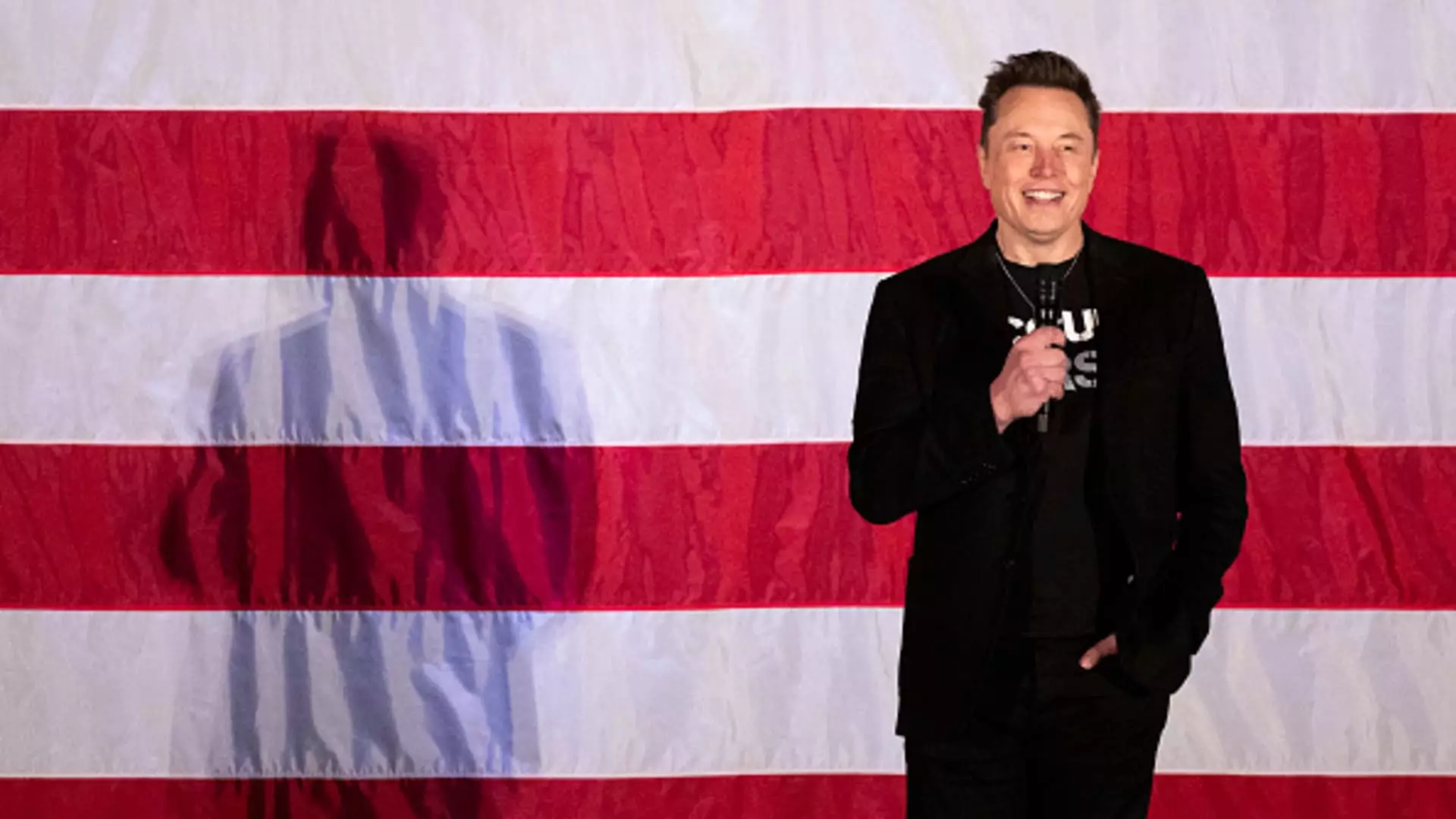The Philadelphia District Attorney’s Office has taken a bold stance against Elon Musk and his political action committee, America PAC, by filing a lawsuit to halt their controversial $1 million giveaway to registered voters in crucial swing states. This legal action, initiated by DA Larry Krasner, accuses Musk and America PAC of orchestrating an “illegal lottery” aimed at influencing electoral outcomes. The stakes are high, and the lawsuit raises critical questions about the intersection of political influence, voter manipulation, and the integrity of the electoral process.
At the crux of this lawsuit is the allegation that Musk and America PAC are exploiting the electoral process to gain favorable outcomes for their chosen political candidate, Donald Trump. The timing of this lawsuit is particularly noteworthy, coinciding with warnings issued by the Department of Justice regarding potential violations of federal election laws associated with America PAC’s daily sweepstakes. The legal landscape surrounding fundraising and electoral giveaways is fraught with complexities, raising deeper concerns about manipulation and ethical conduct in political pursuits.
Krasner’s lawsuit highlights multiple legal models violated by Musk’s actions. The suit specifies that the way Musk incentivizes voters—by soliciting personal information and making a political pledge in exchange for a chance at a large sum of money—constitutes a lottery as per Pennsylvania law. By failing to comply with state regulations that govern lotteries, Musk is allegedly transgressing legal boundaries that exist to protect citizens.
Furthermore, the lawsuit emphasizes that Musk’s endeavor may mislead or confuse voters, thereby violating Pennsylvania consumer protection laws. These claims pose a significant challenge for Musk as they are framed within a context that straddles legal and ethical concerns. The implications of this lawsuit extend beyond Musk and America PAC, possibly affecting how political funds and activities are regulated in future elections, especially as we enter a pivotal election cycle.
The Bigger Picture: Voter Manipulation Concerns
In a world increasingly characterized by political polarization, the motives behind Musk’s giveaway raise alarms regarding voter manipulation. The suit argues that Musk’s approach is designed to lure citizens into unintentionally relinquishing their personal information under the guise of political participation. This technique not only undermines the essence of informed voting but also poses risks concerning data privacy.
Furthermore, the fact that Musk’s endeavors have already been scrutinized earlier this year by state attorneys in both North Carolina and Michigan accentuates ongoing concerns of deceptive practices. These past investigations reveal a pattern that only reinforces the assertions in Krasner’s lawsuit, suggesting that this may not be an isolated incident but part of a broader strategy aimed at securing electoral advantage through questionable means.
The legal dispute has captured the attention of politicians, including President Joe Biden, who has publicly expressed disapproval of Musk’s approach. Biden’s quip about being registered for the giveaway, underscored by his statement deeming it “totally inappropriate,” reflects an escalating political discourse around election integrity. It also highlights how high-profile individuals and organizations intertwine with politics, sometimes leading to unforeseen complications and public backlash.
This situation also draws attention to the role of technology magnates in contemporary political landscapes. Musk, with his vast resources and influence, represents a growing trend where wealthy individuals directly attempt to sway voter behavior. The potential consequences of such actions raise fundamental questions about equality in political discourse and the power dynamics that may influence public opinion and electoral outcomes.
As both sides prepare for a court hearing regarding the preliminary injunction sought by Krasner, the future of Musk’s America PAC’s promotional efforts hangs in the balance. The legal scrutiny surrounding these practices is essential in determining not just the fate of the $1 million giveaway, but also the broader implications for electoral integrity and the accountability of politically influential figures. The situation will undoubtedly evolve, but for now, it serves as a critical reminder of the necessity for stringent regulation in the intersection of politics, technology, and voter engagement.

